Co-designing human-centric pathways for future skills in manufacturing through augmented, empowered, inclusive, and symbiotic complementarities between AI, automation, and human tasks
The SKillAIbility project, funded under the Horizon Europe program, brings together 14 partners from across Europe to address the evolving needs of the manufacturing sector in the context of Industry 5.0. Our focus is on developing human-centric, inclusive, and sustainable solutions that enable seamless collaboration between AI-driven automation and human skills.
At its core, SKillAIbility aims to empower workers, particularly those from vulnerable groups such as people with disabilities, older individuals, and low-educated populations. Through innovative technologies, such as augmented reality, real-time AI training, and robotics, we are creating pathways for equitable workforce integration and skill development.
The project includes the establishment of Learning Factories, real-world environments where human-AI symbiosis can be tested and optimized. These testbeds allow us to validate our methodologies, ensuring they meet the practical needs of both workers and industries.
By fostering inclusivity, supporting policy development, and promoting sustainable practices, SKillAIbility contributes to the European vision of a future manufacturing landscape that prioritizes human well-being, innovation, and societal impact.





